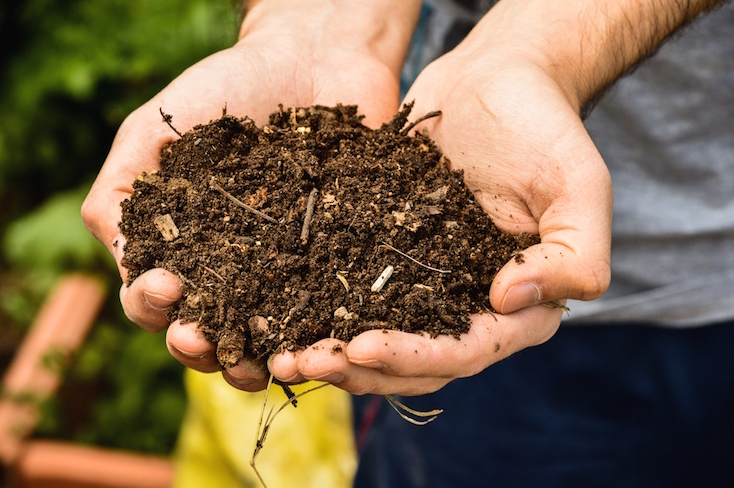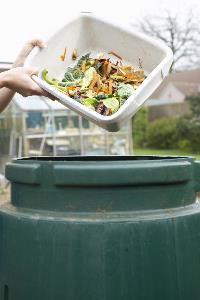Gardening with Nature in Mind
Almost every choice we make in our everyday lives has some impact on the environment in which we live. These decisions affect the air we breathe, the water we drink and swim in, and the soil we rely on for healthy plants and nutritious food.
Knowing this, we’d like to encourage you to take part in the Canadian Wildlife Federation’s Backyard Certification Program. This amazing initiative encourages Canadian families to bring their environmental principles to life and make their back yards welcoming to local wildlife and native plants — it’s fun for the whole family and can be a great way to build community spirit!
Part of this program involves ‘green’ gardening — i.e. earth-friendly, organic or environmentally-friendly gardening. In other words, the kind of gardening you can enjoy, feel good about and know you’re doing your part to create a healthy planet!

Bio gardening
Tip 1: Water Wisdom
Water is a big topic in many areas, and conservation is key even when we live in a country that has an abundance of this resource. We can minimize our water use by nourishing our lawns and garden beds with compost and other soil amendments so plants can retain moisture better, without getting waterlogged. We can also mulch our garden beds with the leaves from our trees and catch water from our roofs in rain barrels.
Tip 2: Consider Composting
 Another green gardening practice is to make compost. Not only is the end product highly valued by gardeners for its nourishing and soil improving properties, but by sending our kitchen and yard waste to a compost bin rather than a landfill, we help landfills last longer. This saves tax dollars and wild spaces involved with siting a new landfill. It also minimizes the toxic leachate that occurs in landfills from decomposing organic matter.
Another green gardening practice is to make compost. Not only is the end product highly valued by gardeners for its nourishing and soil improving properties, but by sending our kitchen and yard waste to a compost bin rather than a landfill, we help landfills last longer. This saves tax dollars and wild spaces involved with siting a new landfill. It also minimizes the toxic leachate that occurs in landfills from decomposing organic matter.
Using this compost and/or other natural fertilizers helps to strengthen plants, reducing the need for synthetic fertilizers which can be too strong for both the plant and soil organisms. It will also help prevent excess nutrients being carried away to water systems where it can be disruptive. Using natural fertilizers and soil amendments also helps reduce the need for chemicals. Herbicides and pesticides can harm organisms other than those targeted and affect environments far beyond the garden.
Tip 3: Companion Planting
Another useful practice is companion planting. This method of planting herbs, vegetables and flowering plants in certain combinations helps maximize the plants’ nutrient intake or deter pests from feeding from on preferred plants.
Tip 4: Limit Lawns
Also keep in mind that while lawns are a useful and enjoyable component to a garden, when we keep their size to a minimum and include natural habitat, we can bring back greater balance to our gardens, which supports the other organic methods above. It can also minimize pollution in terms of its maintenance. Reexamining how we water our lawns and leaving clippings to fertilize the grass are other ways to support our wildlife and environmental gardening choices.
Happy gardening!
Getting Certified
In certifying properties, the CWF looks to see if your outdoor space meets the needs of wildlife. The program encourages a well-rounded approach that includes natural features which support a diversity of wildlife.
The CWF website will guide you through these different components, and you can sign up to receive updates, including additional blogs in this series on CWF Backyard Certification where we will dive into the details of how to make your backyard a welcoming paradise for Manitoba wildlife!
